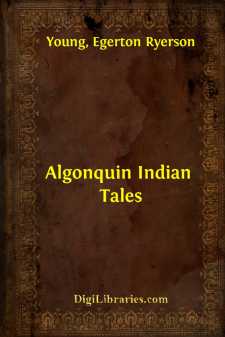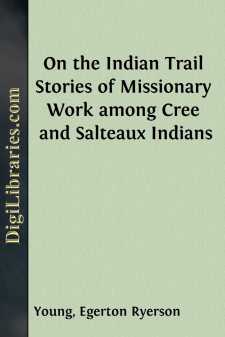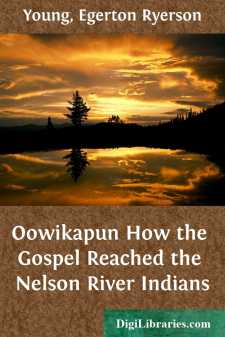Categories
- Antiques & Collectibles 13
- Architecture 36
- Art 48
- Bibles 22
- Biography & Autobiography 813
- Body, Mind & Spirit 142
- Business & Economics 28
- Children's Books 17
- Children's Fiction 14
- Computers 4
- Cooking 94
- Crafts & Hobbies 4
- Drama 346
- Education 46
- Family & Relationships 57
- Fiction 11829
- Games 19
- Gardening 17
- Health & Fitness 34
- History 1377
- House & Home 1
- Humor 147
- Juvenile Fiction 1873
- Juvenile Nonfiction 202
- Language Arts & Disciplines 88
- Law 16
- Literary Collections 686
- Literary Criticism 179
- Mathematics 13
- Medical 41
- Music 40
- Nature 179
- Non-Classifiable 1768
- Performing Arts 7
- Periodicals 1453
- Philosophy 64
- Photography 2
- Poetry 896
- Political Science 203
- Psychology 42
- Reference 154
- Religion 513
- Science 126
- Self-Help 84
- Social Science 81
- Sports & Recreation 34
- Study Aids 3
- Technology & Engineering 59
- Transportation 23
- Travel 463
- True Crime 29
Egerton Ryerson Young
Egerton Ryerson Young (1840–1909) was a Canadian Methodist missionary, teacher, and writer, known for his work among Indigenous peoples in Manitoba and the Canadian Northwest. His writings, such as "By Canoe and Dog Train" and "Stories from Indian Wigwams and Northern Camp-Fires," provided vivid accounts of his missionary experiences and the culture of the Indigenous communities he served. Young's works were widely read, contributing to public awareness of missionary work and Indigenous life in Canada during the late 19th and early 20th centuries. His legacy is closely tied to his advocacy for better relations between settlers and Indigenous peoples.
Author's Books:
Sort by:
The summons to the Indian work—The decision—The valedictory services—Dr Punshon—The departure—Leaving Hamilton—St. Catherine’s—Milwaukee custom-house delays—Mississippi—St. Paul’s—On the prairies—Frontier settlers—Narrow escape from shooting one of our school teachers—Sioux Indians and their wars—Saved by our flag—Varied experiences. Several letters were handed into my...
more...
CHAPTER I. The Children Carried Off by the Indians—The Feast in the Wigwam—Souwanas, the Story-teller—Nanahboozhoo, the Indian Myth—How the Wolves Stole His Dinner, and Why the Birch Tree Bark is Scarred—Why the Raccoon has Rings on His Tail. Without even knocking at the door there noiselessly entered our northern home two large, unhandsome Indians. They paid not the slightest attention to...
more...
Preface. This is not a continuous narrative of missionary work as are some of the author’s books. It is a collection of distinct chapters, some of which are written expressly for this volume, others of which, having in whole or in part seen the light in other form, are now, at the request of friends, and thanks to the courtesy of the publishers, here gathered. Romantic missionary work among the red...
more...
The Wolf Trap. That Oowikapun was unhappy, strangely so, was evident to all in the Indian village. New thoughts deeply affecting him had in some way or other entered into his mind, and he could not but show that they were producing a great change in him. The simple, quiet, monotonous life of the young Indian hunter was curiously broken in upon, and he could never be the same again. There had come a...
more...





